
The University of Louisville's appeal to the NCAA’s Committee on Infractions is now online for all to see, and it's a real gem of a read.
Most notably, the university calls the committee's decision "draconian" and "grossly disproportionate," while arguing its members of the 2011-12 and 2012-13 basketball teams did not receive any significant benefits and should not be ruled ineligible for the small role they played in the misconduct.
An excerpt from
the full report, courtesy of the good people at the Courier-Journal:
The Committee on Infractions (COI), however, imposed a further and much more draconian set of punishments. In addition to punishing the institution for this conduct, it found that the student-athletes–the very same “minors” whom the COI rightly thought McGee had taken advantage of–were rendered ineligible by McGee’s actions, and that every one of their victories should be vacated and every dollar received from NCAA tournament games in which they participated should be disgorged. That cannot be right. The student-athletes were not culpable for McGee’s conduct, and they received no meaningful benefit or advantage from it. Had the University known of what McGee did, it would have quickly obtained their reinstatement– athlete remaining on the team when the violations came to light. It is unjust, and grossly disproportionate, to wipe away the entirety of these students’ collegiate athletic careers because of parties that they had no part in creating and no choice in attending. And it is unquestionably unfair to the many team members who had no involvement in McGee’s activities at all.
The COI further erred by issuing these enormous penalties without weighing several critical factors. The Infractions Appeals Committee (IAC) has repeatedly said that the COI “must” assign an institution’s corrective and cooperative efforts 3 and self-imposed punishments “substantial weight”; the COI ignored them entirely.
Louisville goes on to accuse the COI of failing to realize the magnitude of the penalties, which include hundreds of thousands of dollars (although some estimate it is more like millions), the 123 wins, the two Final Four appearances and that precious 2013 National Championship banner.
It gets better, though...
In the appeal, Louisville also makes the case that none of the players who competed in the two Final Four seasons should've been deemed ineligible because they did not have sex. One player, whose name is redacted, is mentioned as being present at a party, but leaving before the striptease began.
[Redacted] left the room before any striptease began; benefits below the NCAA’s restitution threshold; [Redacted] shielded by the COI’s grant of limited immunity. Furthermore, not one student who later competed in the 2011-12 and 2012-13 seasons engaged in a sex act. Even if these student-athletes were technically ineligible, they would unquestionably have been reinstated.
Let's have another good laugh!
Louisville disputed the dollar values assigned to the "benefits" -- in this case, stripper stuff -- arguing that they should be valued the same:
The University disputed the dollar values the NOA assigned to some of the “benefits.” In several cases the enforcement staff assigned different values to the same act–for instance, valuing a dance at $175 in one case and $125 in another–based on the fact that Powell had notated them differently in her journal.
As the University explained, these differences were arbitrary, and the identical benefits should be valued similarly. It therefore determined, among other things, that had received benefits valued at $125, rather than $175, as the enforcement staff alleged.
Anything under $500, like a lapdance, should be paid back and the player should be reinstated, right? LOL.
Where a student-athlete receives a benefit of little value–such as a recruiting inducement worth $500 or less–the committee instructs that he should be reinstated without any loss of competition upon repayment.
WHAT'S THE DIFFERENCE BETWEEN A LAPDANCE AND A CAR RIDE!
It would be absurd, and grossly disproportionate, to hold that an individual who receives an unwanted and minor benefit during recruitment–say, a car ride worth $150–should have his entire collegiate record nullified if that conduct is discovered years later.
To summarize the long argument, UofL argues the NCAA went against its own standards and longstanding practice by punishing the student-athletes who were not culpable of the events that resulted in the violations; those student-athletes, UofL claims, were only guilty of being in the wrong place at the wrong time during Andre McGee's misconduct. There's also the hilarious argument of the actual dollar value of each act committed, which is laughable.
The entire appeal is tough to read with so many redacted names, but it argues that members of the 2011-12 and 2012-13 team left the parties before receiving any benefit (aka they didn't do sex stuff, therefore they did not benefit from the parties).
While UofL agrees McGee's acts were reprehensible, it believes the student-athletes were unknowingly put into the situation, and that the university's self-imposed penalties should be enough.
"No prior decision has ever imposed vacation or disgorgement because of an extra-benefits or inducement violation for which the student-athletes bore such limited culpability, gained so little of value, and received no advantage," the appeal reads.
I must admit: it's a good try by Louisville -- they even dug up several similar cases at other schools from NCAA history books -- but I'm not sure it's going to work.
Arguing that the sex acts were within the $500 threshold of reinstatement isn't going to cut it.
Read all 68 pages of UofL's desperate attempt at trying to salvage its two crowning basketball seasons here.
 The University of Louisville's appeal to the NCAA’s Committee on Infractions is now online for all to see, and it's a real gem of a read.
Most notably, the university calls the committee's decision "draconian" and "grossly disproportionate," while arguing its members of the 2011-12 and 2012-13 basketball teams did not receive any significant benefits and should not be ruled ineligible for the small role they played in the misconduct.
An excerpt from the full report, courtesy of the good people at the Courier-Journal:
The University of Louisville's appeal to the NCAA’s Committee on Infractions is now online for all to see, and it's a real gem of a read.
Most notably, the university calls the committee's decision "draconian" and "grossly disproportionate," while arguing its members of the 2011-12 and 2012-13 basketball teams did not receive any significant benefits and should not be ruled ineligible for the small role they played in the misconduct.
An excerpt from the full report, courtesy of the good people at the Courier-Journal:
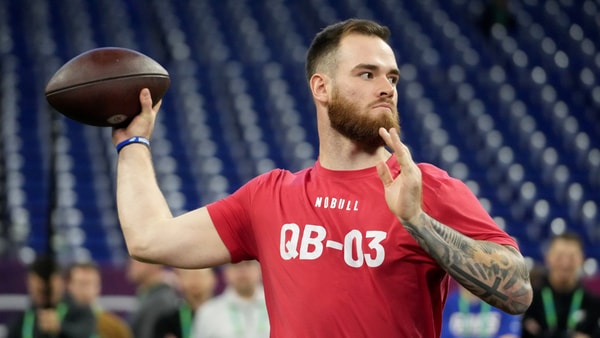
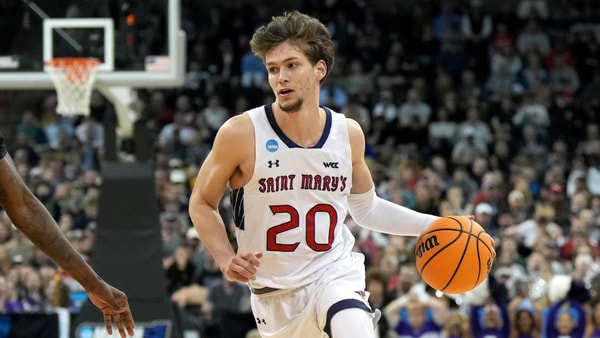
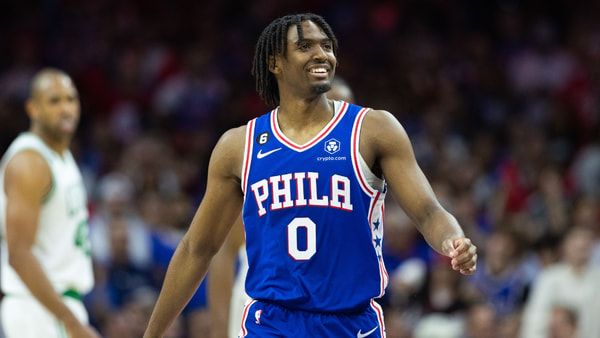
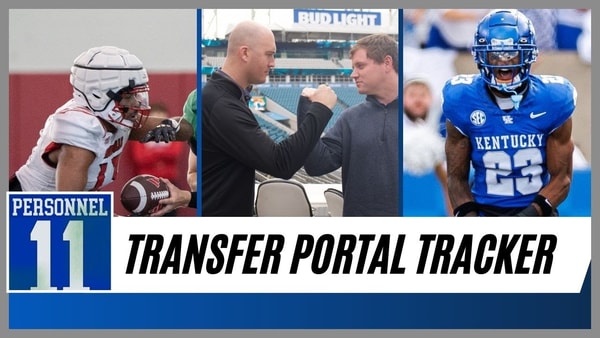
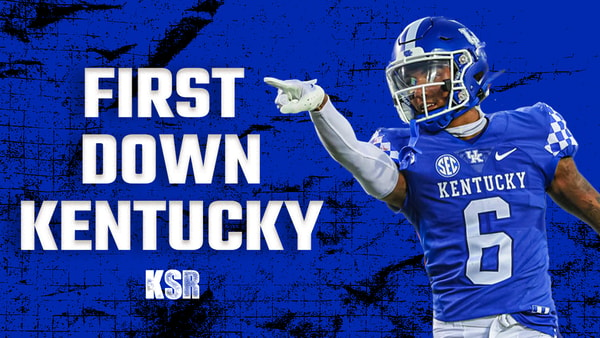
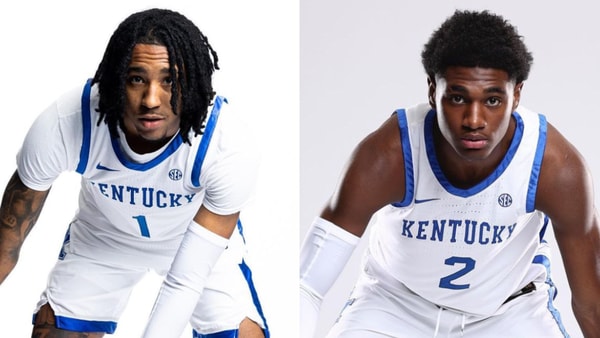
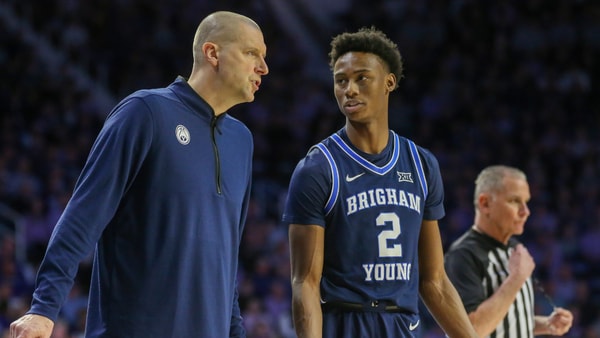
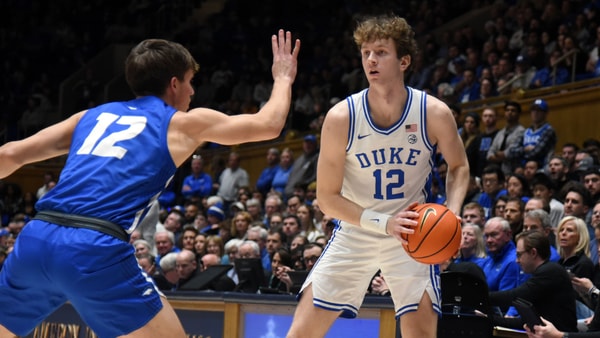
Discuss This Article
Comments have moved.
Join the conversation and talk about this article and all things Kentucky Sports in the new KSR Message Board.
KSBoard